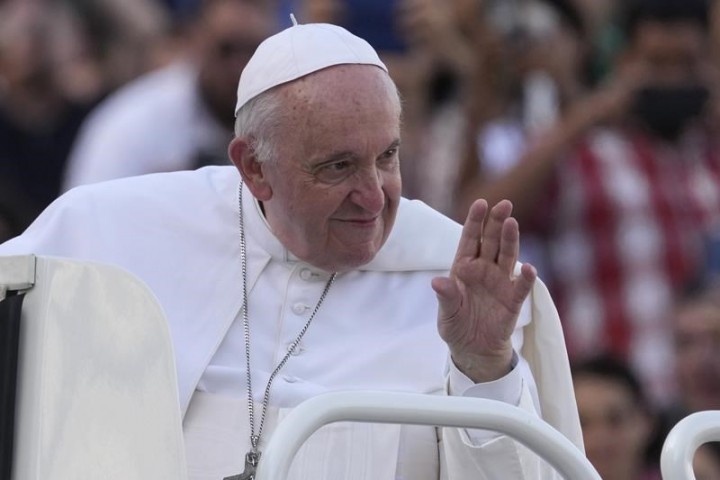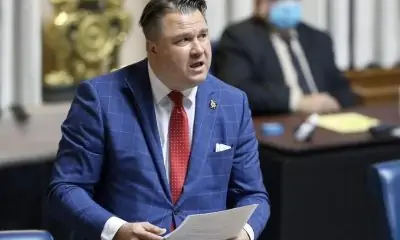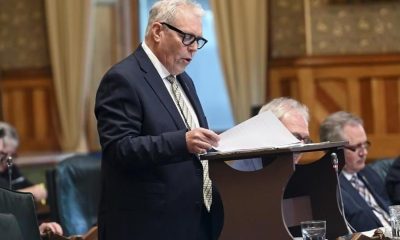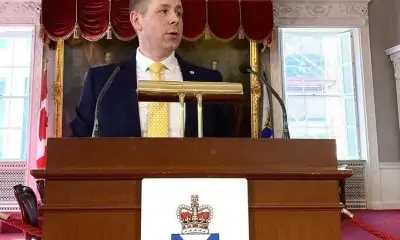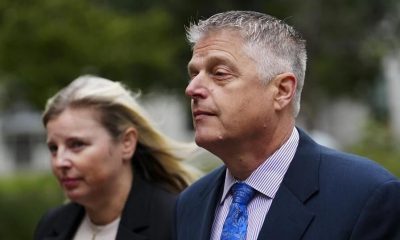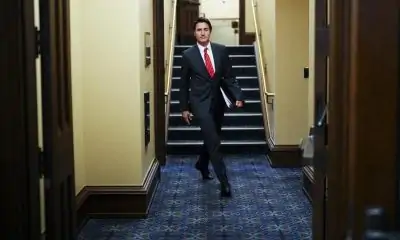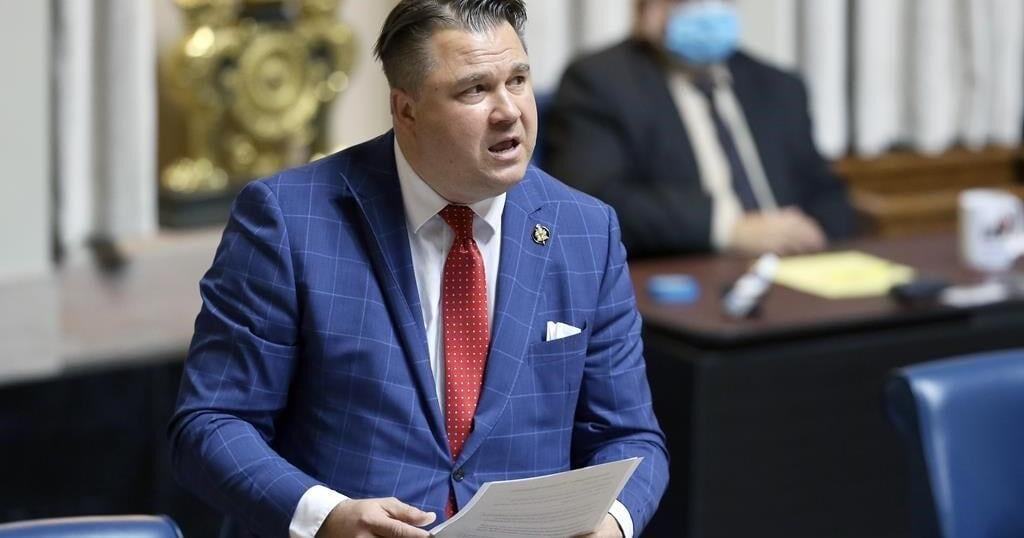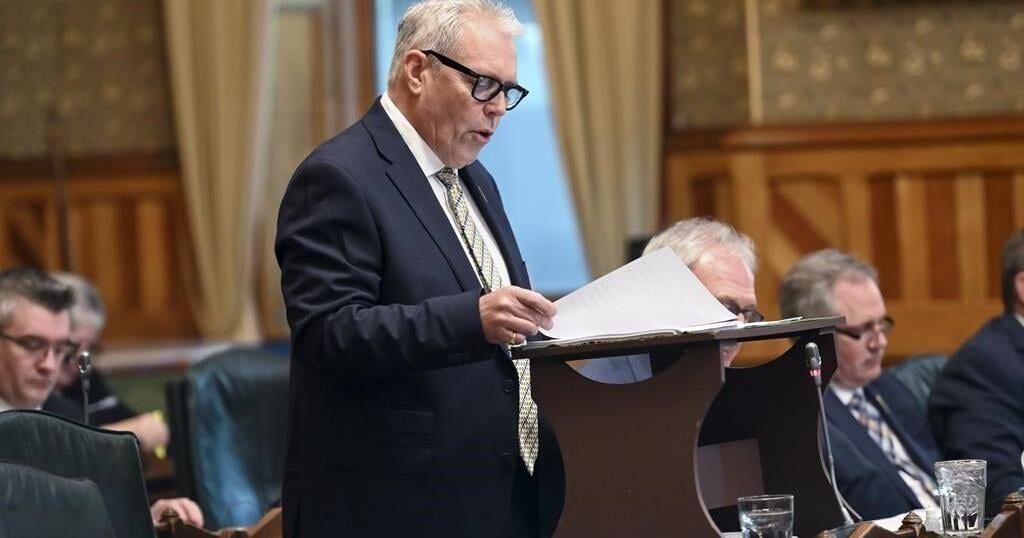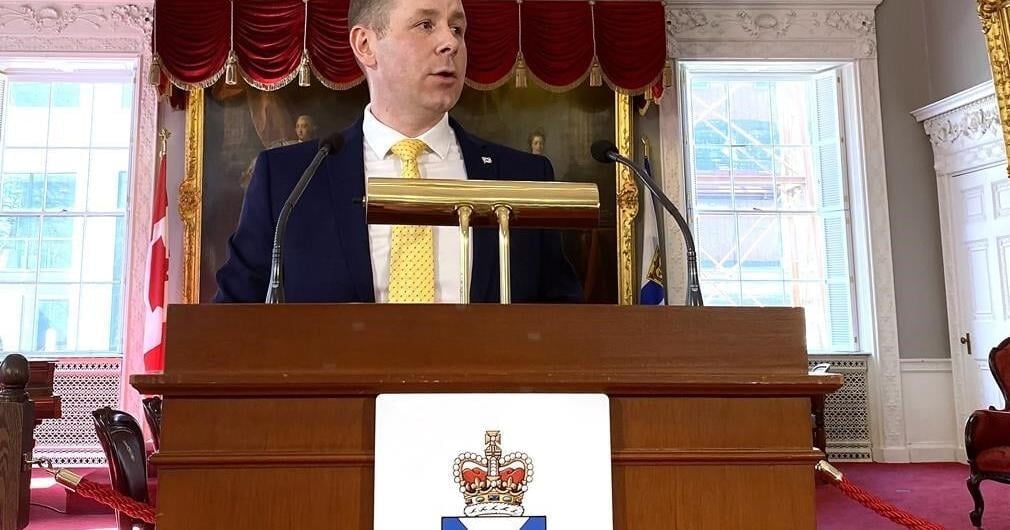WINNIPEG – A backbencher with Manitoba’s NDP government has been removed from caucus over his link to convicted sex offender Peter Nygard.
Caucus chair Mike Moyes says it learned early Monday that a business partner of Mark Wasyliw is acting as Nygard’s criminal defence lawyer.
Moyes says Wasyliw was notified of the decision.
“Wasyliw’s failure to demonstrate good judgment does not align with our caucus principles of mutual respect and trust,” Moyes said in a statement.
“As such MLA Wasyliw can no longer continue his role in our caucus.”
Nygard, who founded a fashion empire in Winnipeg, was sentenced earlier this month to 11 years in prison for sexually assaulting four women at his company’s headquarters in Toronto.
The 83-year-old continues to face charges in Manitoba, Quebec and the United States.
Moyes declined to say whether Wasyliw would be sitting as an Independent.
The legislature member for Fort Garry was first elected in 2019. Before the NDP formed government in 2023, Wasyliw served as the party’s finance critic.
He previously came under fire from the Opposition Progressive Conservatives for continuing to work as a lawyer while serving in the legislature.
At the time, Wasyliw told the Winnipeg Free Press that he was disappointed he wasn’t named to cabinet and planned to continue working as a defence lawyer.
Premier Wab Kinew objected to Wasyliw’s decision, saying elected officials should focus on serving the public.
There were possible signs of tension between Wasyliw and Kinew last fall. Wasyliw didn’t shake hands with the new premier after being sworn into office. Other caucus members shook Kinew’s hand, hugged or offered a fist bump.
This report by The Canadian Press was first published Sept. 16, 2024.

